Remember your last big trip? Traveling takes a lot of mental and physical energy. There is the journey itself, of course – the map and the means of moving and the money. There is also the “stuff” we have to keep track of constantly to make sure nothing is left behind or dropped along the way or lost in the shuffle – the reservations, payments, passports, toiletries, itinerary, keys, snacks, tickets, exchange rates, souvenirs. For some people, traveling is the greatest and most joyful adventure; for others, it is a cause of anxiety and worry! Some of us are willing to take it as it comes and hope for the best; others are meticulous planners with folders and spreadsheets and timelines; still others of us try to be one or the other, but fall somewhere in the middle.
In today’s Gospel, Jesus is going somewhere. He tells the disciples he is going to prepare a dwelling place – a HOME – for them, and that he will come back again and take them there too! Where is this place? The Father’s house. That is our home.
And he reminds the disciples that they already know the way there.
Thomas speaks for all of us when he says, “Master, we do not know where you are going; how can we know the way?” The Father’s house? Where is THAT? How can we get THERE? There is a place prepared for us there, but we’ve never seen it, so how can we find it?
Jesus tells us the “insider secret” to traveling to this final Home: HIMSELF. The route and the means and all that we need along the way are found in HIM: “I am the way,” and there is no other way. If we are at last to reach the Father and dwell in the Father’s house, we have to go through HIM.
So, if we know Jesus, we DO know the way, because he himself IS the way. Walking with him, we are walking along the right way. Walking with him, we will make it securely to our destination, and we don’t have to worry about seeing the full map or charting our own trajectory or losing anything important along the way. In fact, if we know Jesus and learn to walk with him in trust, this journey can be joyful and life-giving, even when we are traveling through deserts and briar patches and dark nights, because we know we are moving in the direction of HOME. And home is what all of our hearts long for, because home is where we are completely safe and secure, known for who we truly are, valued and loved wholly, and are able to live and love freely.
If we know Jesus, we can say confidently at the end of our lives, just as Pope St. John Paul II did: “Let me go to the house of the Father,” and enter into our Home, the fullness of God’s embrace, at last.
 Kathryn Mulderink, MA, is married to Robert, Station Manager for Holy Family Radio. Together they have seven children (including Father Rob), and four grandchildren. She is President of the local community of Secular Discalced Carmelites and has published five books and many articles. Over the last 30 years, she has worked as a teacher, headmistress, catechist, Pastoral Associate, and DRE, and as a writer and voice talent for Catholic Radio. Currently, she serves the Church by writing and speaking, and by collaborating with various parishes and to lead others to encounter Christ and engage their faith. Her website is www.KathrynTherese.com
Kathryn Mulderink, MA, is married to Robert, Station Manager for Holy Family Radio. Together they have seven children (including Father Rob), and four grandchildren. She is President of the local community of Secular Discalced Carmelites and has published five books and many articles. Over the last 30 years, she has worked as a teacher, headmistress, catechist, Pastoral Associate, and DRE, and as a writer and voice talent for Catholic Radio. Currently, she serves the Church by writing and speaking, and by collaborating with various parishes and to lead others to encounter Christ and engage their faith. Her website is www.KathrynTherese.com
Feature Image Credit: stevepb, https://pixabay.com/photos/road-direction-path-destination-1894938/

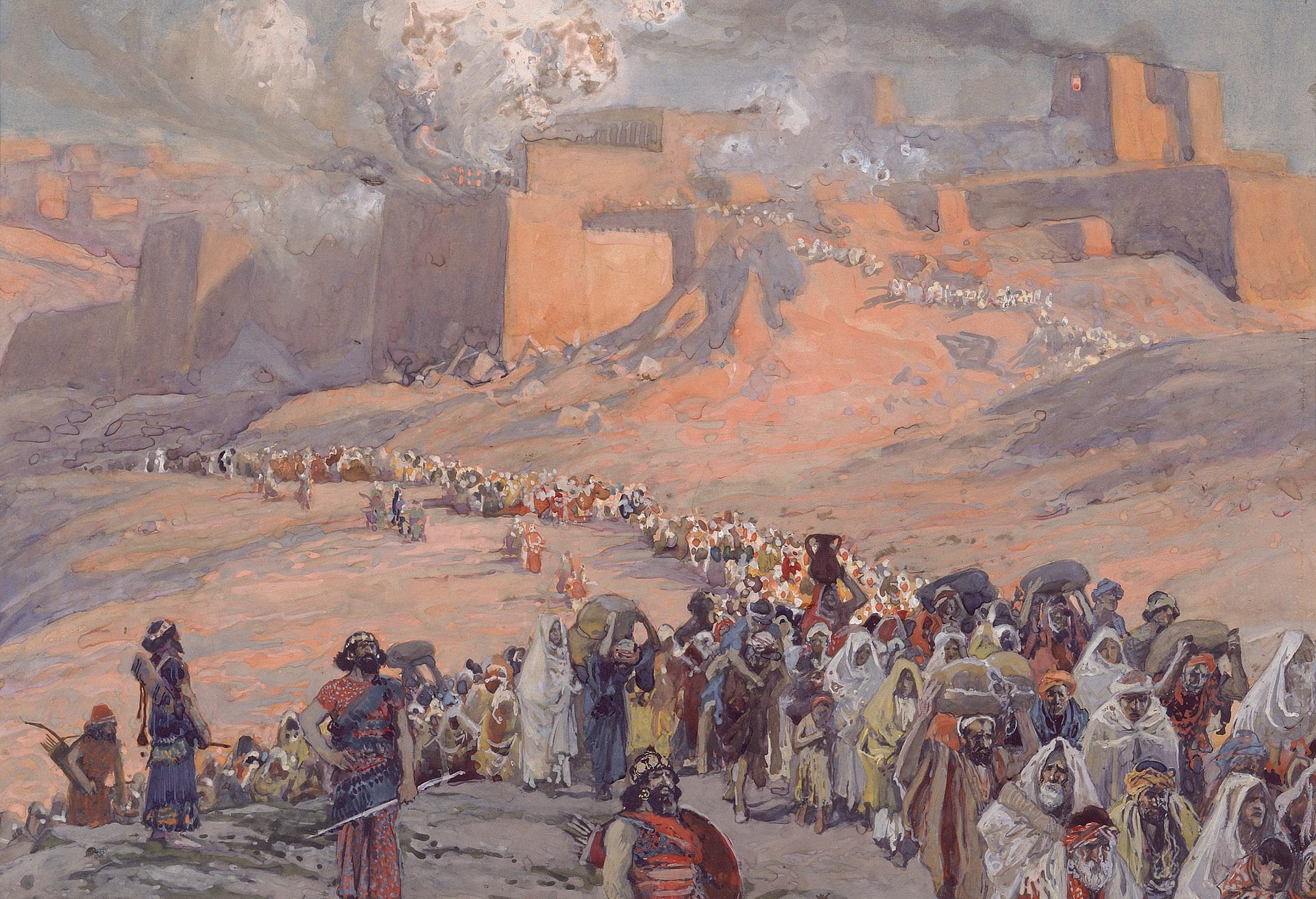
 Christine Hanus is a thwarted idealist who, nevertheless, lives quite happily in Upstate NY. She is a wife and mother of five grown children.
Christine Hanus is a thwarted idealist who, nevertheless, lives quite happily in Upstate NY. She is a wife and mother of five grown children.

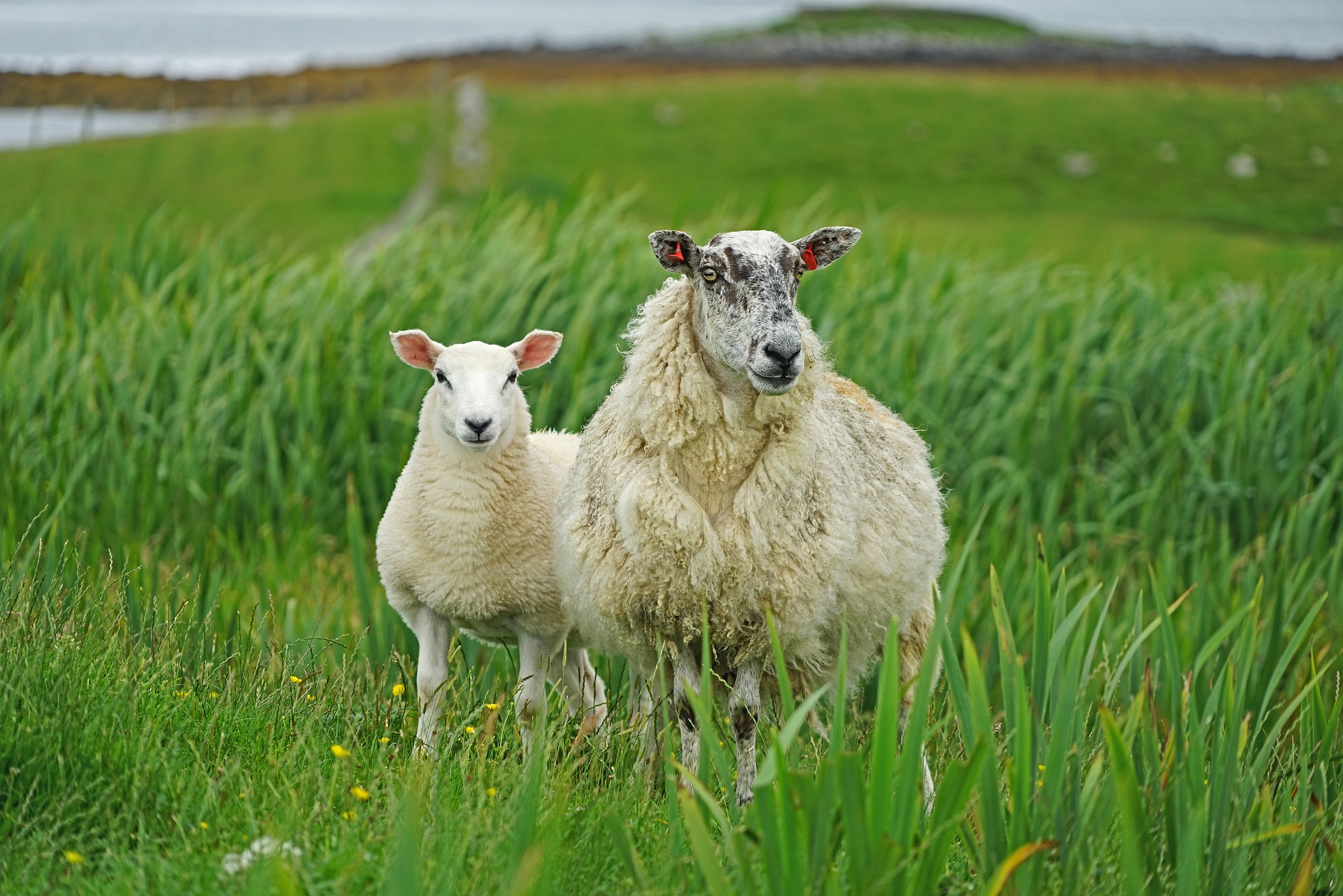

 Merridith Frediani loves words and is delighted by good sentences. She also loves Lake Michigan, dahlias, the first sip of hot coffee in the morning, millennials, and playing Sheepshead with her husband and three kids. She writes for Catholic Mom, Diocesan.com, and her local Catholic Herald. Her first book Draw Close to Jesus: A Woman’s Guide to Adoration is available at Our Sunday Visitor and Amazon. You can learn more at
Merridith Frediani loves words and is delighted by good sentences. She also loves Lake Michigan, dahlias, the first sip of hot coffee in the morning, millennials, and playing Sheepshead with her husband and three kids. She writes for Catholic Mom, Diocesan.com, and her local Catholic Herald. Her first book Draw Close to Jesus: A Woman’s Guide to Adoration is available at Our Sunday Visitor and Amazon. You can learn more at 
 Tami Urcia grew up in Western Michigan, a middle child in a large Catholic family. She spent early young adulthood as a missionary in Mexico, studying theology and philosophy, then worked and traveled extensively before finishing her Bachelor’s Degree in Western Kentucky. She loves tackling projects, finding fun ways to keep her little ones occupied, quiet conversation with the hubby and finding unique ways to love. She works at for Christian Healthcare Centers, is a guest blogger on
Tami Urcia grew up in Western Michigan, a middle child in a large Catholic family. She spent early young adulthood as a missionary in Mexico, studying theology and philosophy, then worked and traveled extensively before finishing her Bachelor’s Degree in Western Kentucky. She loves tackling projects, finding fun ways to keep her little ones occupied, quiet conversation with the hubby and finding unique ways to love. She works at for Christian Healthcare Centers, is a guest blogger on 

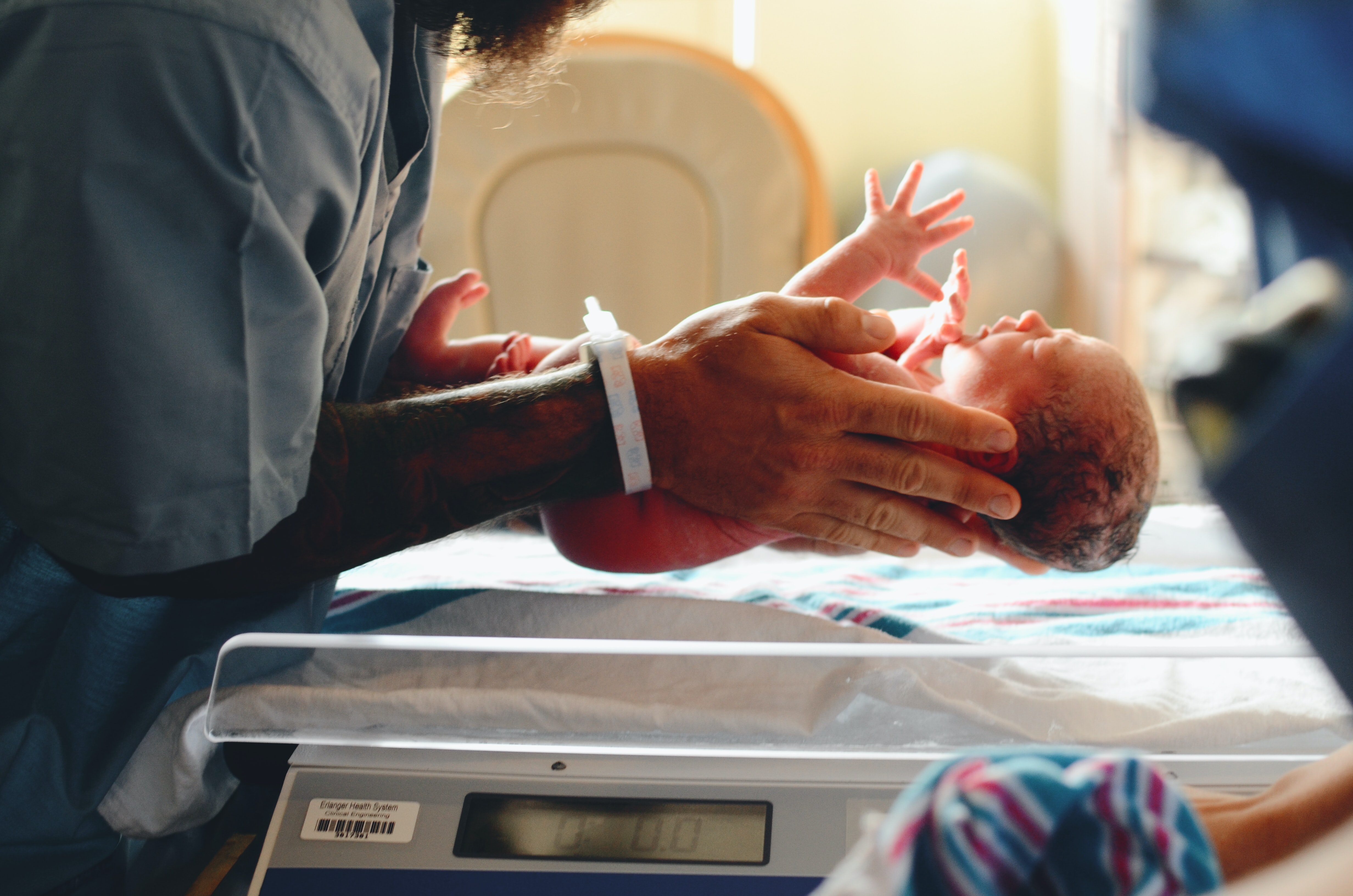
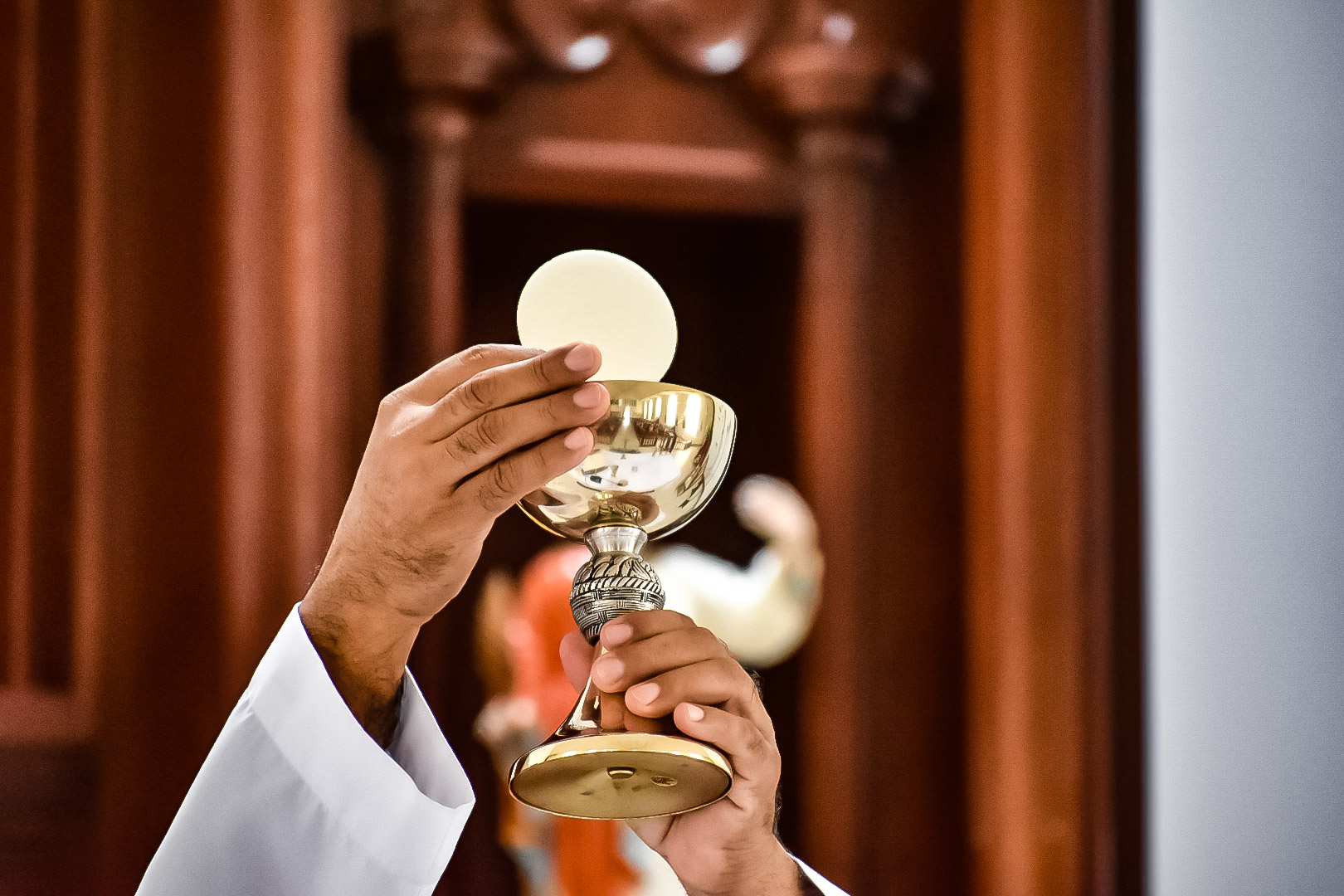
 Dakota currently lives in Denver, CO and teaches English Language Development and Spanish to high schoolers. She is married to the love of her life, Ralph. In her spare time, she reads, goes to breweries, and watches baseball. Dakota’s favorite saints are St. John Paul II (how could it not be?) and St. José Luis Sánchez del Río. She is passionate about her faith and considers herself blessed at any opportunity to share that faith with others. Check out more of her writing at
Dakota currently lives in Denver, CO and teaches English Language Development and Spanish to high schoolers. She is married to the love of her life, Ralph. In her spare time, she reads, goes to breweries, and watches baseball. Dakota’s favorite saints are St. John Paul II (how could it not be?) and St. José Luis Sánchez del Río. She is passionate about her faith and considers herself blessed at any opportunity to share that faith with others. Check out more of her writing at 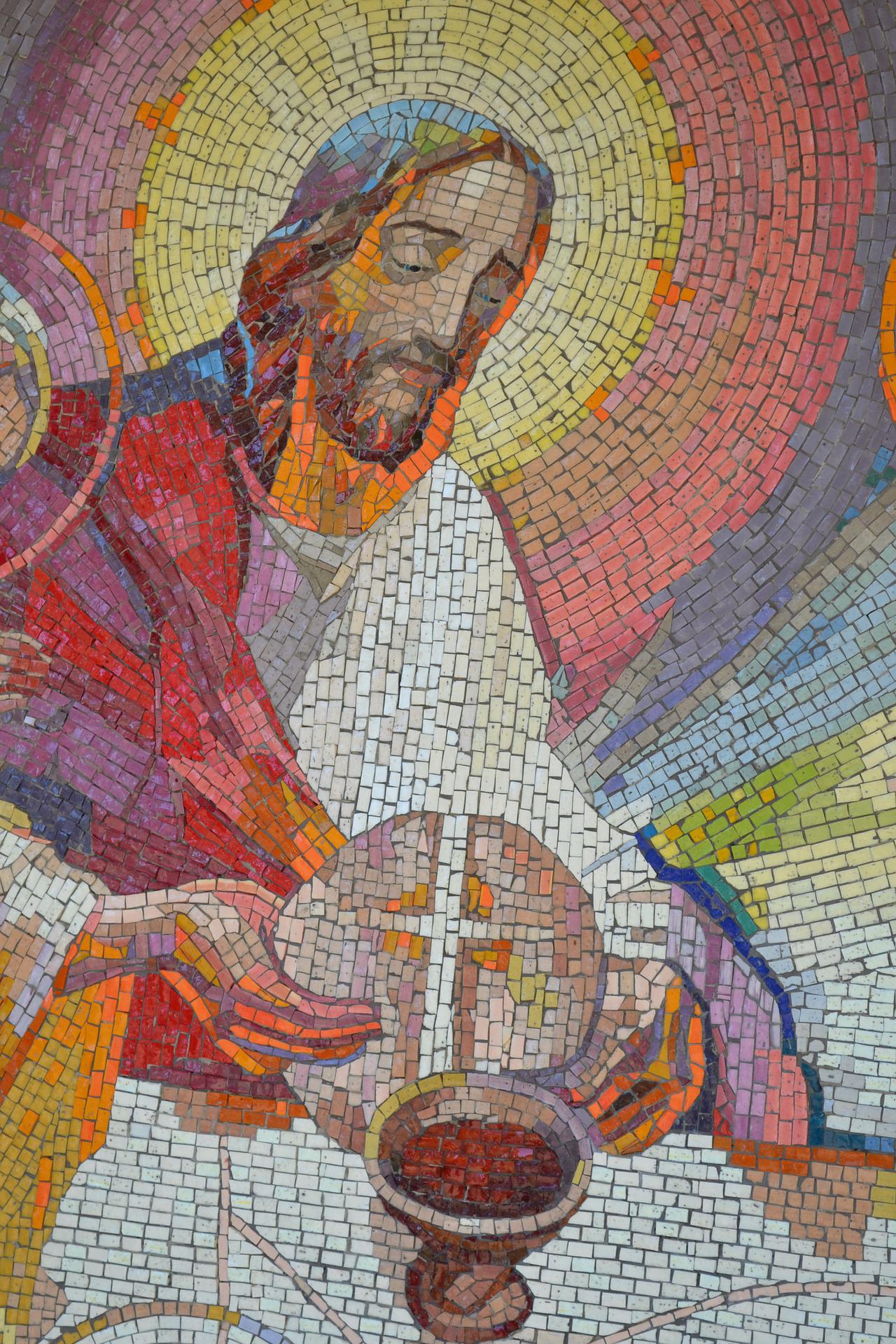

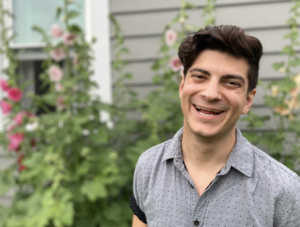 Arthur Richardson is married to his wonderful wife, Gabby Richardson. Most of his work experience is in ministry. He was a retreat missionary in Wisconsin for two years and a youth minister for three years. He is now the Web Project Manager here at Diocesan, and loves it!
Arthur Richardson is married to his wonderful wife, Gabby Richardson. Most of his work experience is in ministry. He was a retreat missionary in Wisconsin for two years and a youth minister for three years. He is now the Web Project Manager here at Diocesan, and loves it!
 Elizabeth Tomlin is the author of Joyful Momentum: Building and Sustaining Vibrant Women’s Groups and contributing author to the Ave Prayer Book for Catholic Mothers. She is General Counsel for the Archdiocese for the Military Services, USA. Elizabeth is an Army wife and mother of three and currently lives in the DC area. She blogs at
Elizabeth Tomlin is the author of Joyful Momentum: Building and Sustaining Vibrant Women’s Groups and contributing author to the Ave Prayer Book for Catholic Mothers. She is General Counsel for the Archdiocese for the Military Services, USA. Elizabeth is an Army wife and mother of three and currently lives in the DC area. She blogs at